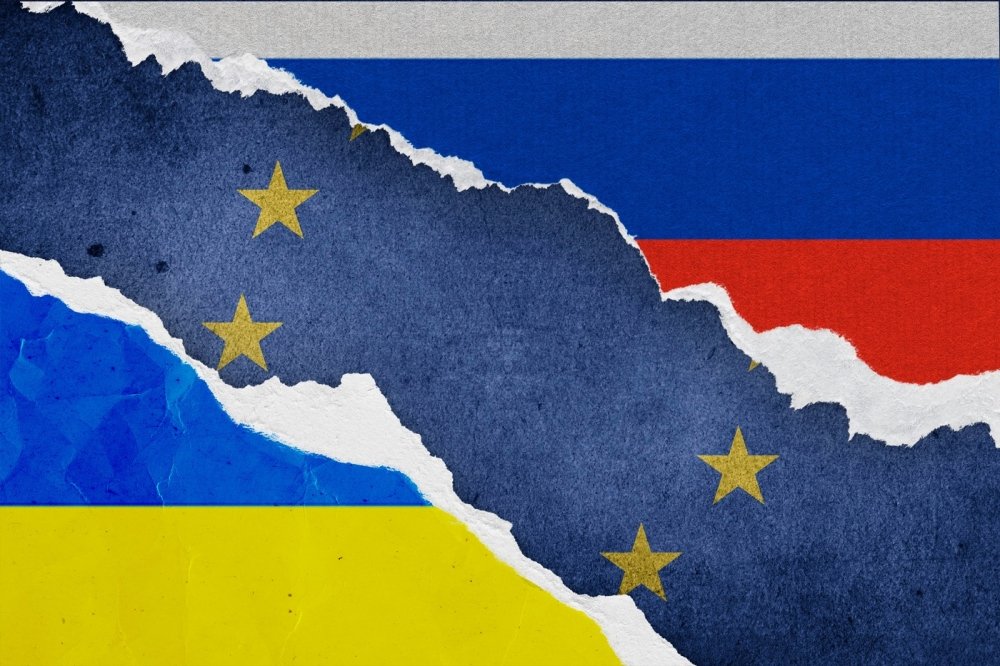The Russian-Ukraine war began in 2014 as a result of Ukraine’s decision to move towards closer ties with the European Union (EU), which was met with strong opposition from Russia. In response, Russia annexed Crimea, citing the need to protect ethnic Russians living in the region. This annexation led to economic sanctions against Russia by the US and the EU, which further escalated the conflict. Pro-Russian separatists in eastern Ukraine declared independence from the Ukrainian government and began receiving support from Russia, leading to a full-scale conflict in the Donbass region.
The conflict has been fueled by historical ties, political differences, ethnic tensions, and energy disputes. Ukraine has been historically tied to Russia and was once part of the Soviet Union, which has led to tensions between ethnic Ukrainians and Russians. Russia has sought to maintain its influence in the region, and Ukraine’s move towards closer ties with the EU was seen as a threat to Russia’s political and economic influence. Additionally, there are significant ethnic Russian populations in Ukraine, particularly in Crimea and the Donbass region, which has led to tensions between ethnic Ukrainians and Russians. Finally, Russia has used its energy supplies to Ukraine as a political tool, cutting off gas supplies during disputes over prices and political issues.
The conflict has had a significant impact on the cryptocurrency industry, particularly in terms of adoption and regulatory issues. Cryptocurrency adoption in Ukraine has increased significantly since the conflict began, with many Ukrainians turning to cryptocurrencies as a way to protect their assets from the devaluation of the Ukrainian hryvnia. The conflict has also led to an increase in remittances using cryptocurrencies, as traditional banking systems have become unreliable due to the conflict.
However, the conflict has also led to regulatory uncertainty in the cryptocurrency industry, as governments in the region have struggled to develop clear guidelines for cryptocurrencies. In Ukraine, for example, there is no clear legal framework for cryptocurrencies, which has led to a lack of clarity for businesses and investors in the industry. Additionally, the conflict has made it difficult for cryptocurrency businesses to operate in the region, as the conflict has disrupted infrastructure and made it difficult to move goods and services.
Ukrainians have turned to cryptocurrencies as a way to protect their assets from the devaluation of the Ukrainian hryvnia and to avoid traditional banking systems that have become unreliable due to the conflict.
One of the factors driving cryptocurrency adoption in Ukraine is the lack of a strong, stable financial system. Ukrainians have experienced significant economic instability in recent years, including high inflation and devaluation of the hryvnia. Cryptocurrencies, particularly Bitcoin, offer an alternative store of value that is not subject to the same fluctuations as fiat currencies.
Additionally, the conflict with Russia has made traditional banking systems unreliable in some parts of the country. This has led to an increase in the use of cryptocurrencies for remittances, as cryptocurrencies can be sent without the need for traditional banking systems.
The Ukrainian government has also shown interest in the potential of cryptocurrencies. In 2020, the government announced plans to develop a national digital currency, the e-hryvnia, in order to modernize the country’s financial system and reduce the dependence on cash. The government has also taken steps to regulate the cryptocurrency industry, including passing a law in 2020 that requires cryptocurrency exchanges to obtain a license from the government.
However, there is still regulatory uncertainty in Ukraine when it comes to cryptocurrencies. The lack of a clear legal framework has led to a lack of clarity for businesses and investors in the industry. The government has indicated a desire to regulate the industry, but it remains to be seen how this will be implemented in practice.
In conclusion, the Russian-Ukraine war began as a result of historical ties, political differences, ethnic tensions, and energy disputes. The conflict has had a significant impact on the cryptocurrency industry, leading to increased adoption and remittances, but also regulatory uncertainty and operational challenges. As the conflict continues, it remains to be seen how it will continue to shape the cryptocurrency industry in the region.






